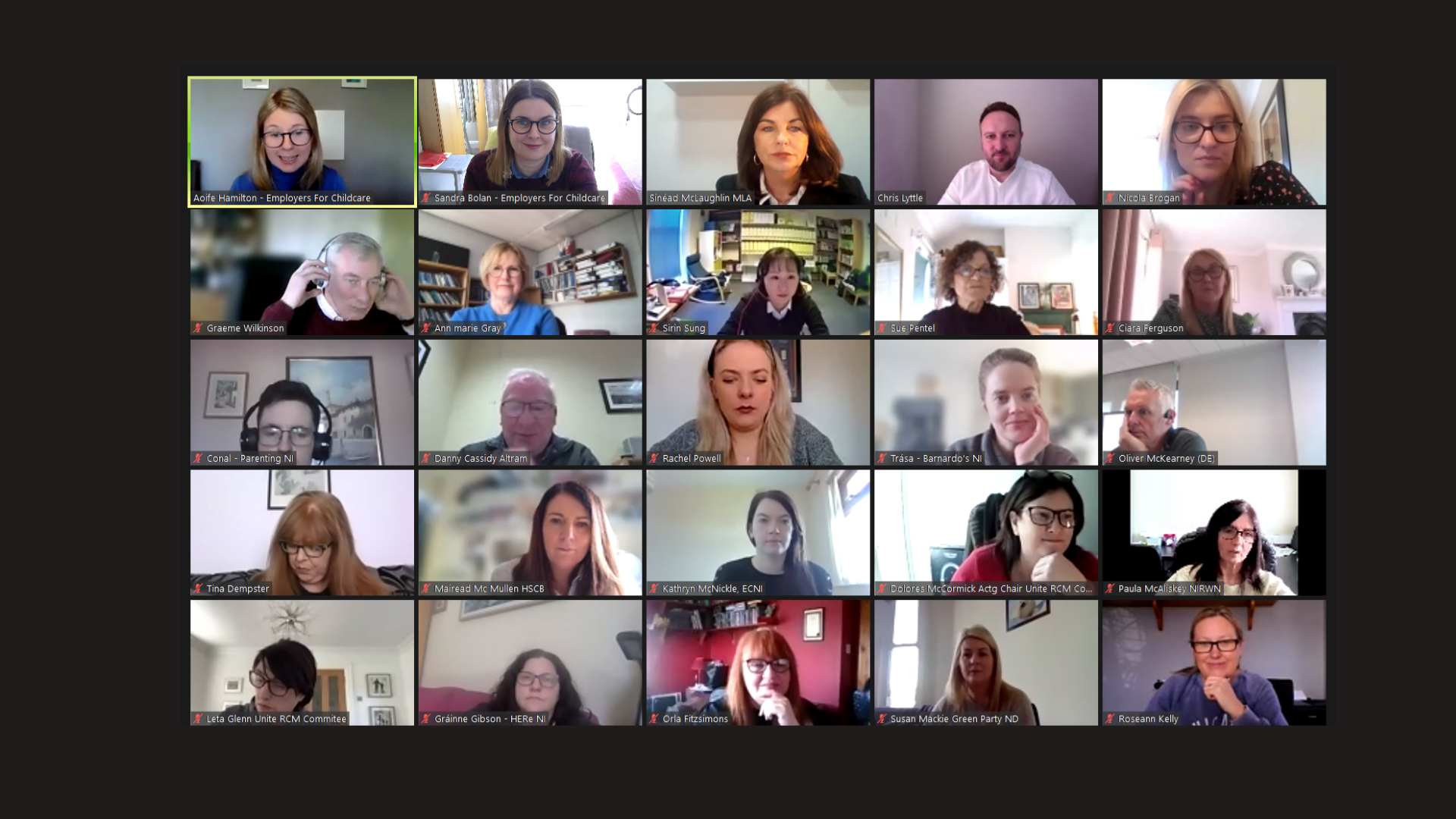What Statutory Sick Pay (SSP) could I be entitled to?
We have many calls to our Family Benefits Advice Service Freephone helpline from people who are unsure about what sick pay they are entitled to if they are unable to work because of illness. Here we provide an overview of Statutory Sick Pay (SSP), who is eligible and how to claim it.
What is Statutory Sick Pay (SSP)?
Statutory Sick Pay (SSP) is the minimum amount of money that an employer must pay to an eligible employee who is unable to work because of illness. Some employers choose to enhance SSP by offering additional ‘contractual’ sick pay for their staff.
How much is Statutory Sick Pay?
SSP is currently paid at a flat rate of £96.35 per week for eligible employees, irrespective of your salary. This rate is typically adjusted at the start of each new financial year. SSP is paid by your employer for up to 28 weeks.
What are the eligibility rules?
To qualify for Statutory Sick Pay you must:
- be classed as an employee and have done some work for your employer
- earn an average of at least £120 per week
- have been ill or self-isolating for at least 4 days in a row (including non-working days).
How many days you can get SSP for depends on why you’re off work.
Note, agency workers are entitled to SSP. A full definition of who is classed as an employee is available here.
You must usually tell your employer you’re unable to work before the deadline they set (or within 7 days if they have not set one). You could lose some of your SSP if you do not tell your employer in time.
You will not qualify for SSP if you:
- have already received the maximum amount of SSP (28 weeks)
- are getting Statutory Maternity Pay, or in certain circumstances Maternity Allowance
- are self-isolating after entering or returning to the UK and do not need to self-isolate for any other reason.
Proof of sickness
You must give your employer proof of sickness if you’re off work for more than 7 days in a row (including non-working days).
You can get a fit note (sometimes called a sick note) from your doctor or hospital doctor. If your employer agrees, a similar document can be provided by a physiotherapist, podiatrist or occupational therapist instead. This is called an Allied Health Professional (AHP) Health and Work Report.
You may also need to self-isolate because you are scheduled for a hospital procedure. In this case, a letter confirming the date of your procedure, and the requirement to self-isolate, is sufficient proof of sickness.
If you’re not eligible or your SSP ends
If you are not eligible for SSP, or if your SSP has come to an end, you may be able to apply for Universal Credit or Employment and Support Allowance (ESA). You should complete a form called an SSP1 form to support your application.
If your SSP is ending your employer must send you the SSP1 form either:
- within 7 days of your SSP ending, if it ends unexpectedly while you’re still sick
- on or before the beginning of the 23rd week that you are off, if your SSP is expected to end before your sickness does.
If you do not qualify for SSP your employer must send you the SSP1 form within 7 days of you stopping work.
How to claim Statutory Sick Pay
To claim SSP, tell your employer that you are ill, and unable to work, as soon as possible. As employers can have differing procedures in relation to how and when you should get in touch to report your illness you should check this directly with your employer.
You must have proof of sickness if you’re off work for more than 7 days in a row (including non-working days).
It is then your employer’s responsibility ensure that you receive SSP through your payroll in the usual way.
Covid-19
You may also be entitled to SSP for reasons relating to Covid-19. For further information on this please visit https://www.gov.uk/statutory-sick-pay
We are here to help
If you would like further advice on Statutory Sick Pay or any other benefits advice, contact our Family Benefits Advice Service on 028 9267 8200 or email hello@employersforchildcare.org.






